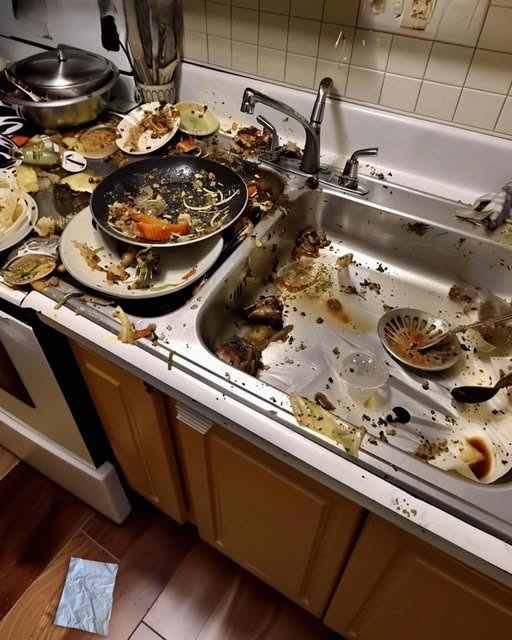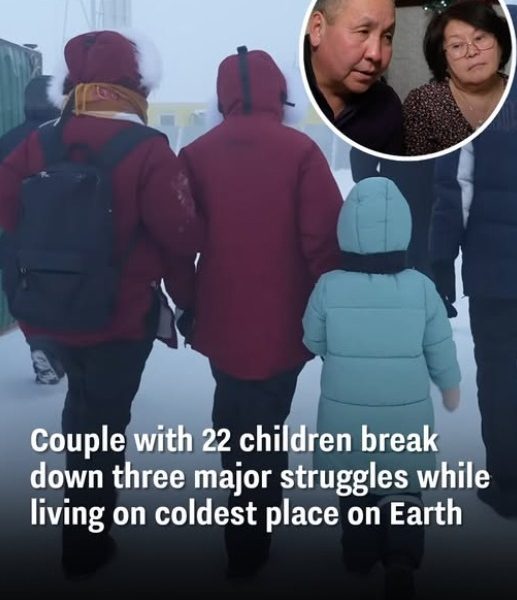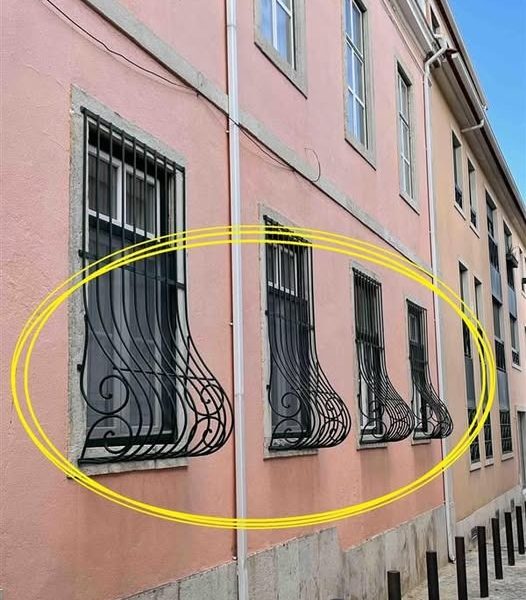From the street, our life looked like a magazine spread—trim lawn, two boys chasing scooters, a husband who wore a suit and a smile. Inside the house, I lived in the margins. Tyler’s voice was a paper cut that never quite healed: “Other women juggle careers and kids. You can’t even fold a towel straight.” He never raised a hand, but the words piled up like bricks, walling me into a corner where laundry, lunches, and loneliness became my only scenery. I learned to answer with silence and a quicker scrub of the counter, telling myself that if I just moved fast enough, his disappointment wouldn’t catch me.
Mothers don’t get sick days, so when the room began to spin that Tuesday, I gripped the sink and counted groceries in my head—peanut butter, apples, detergent—anything to anchor the floor beneath my feet. The boys were arguing over Pokémon cards in the next room. I remember thinking I only had to hold on until nap time, but my knees buckled like cheap plastic. My youngest later told the paramedic he thought Mommy had turned into a doll because I “looked so still.” My oldest ran barefoot to the neighbor, who met the ambulance with the same face she uses for tornado warnings.
Strapped to the gurney, I felt my pulse flicker like a dying flashlight. The paramedic asked questions I couldn’t answer, so I reached for the only thing within reach—a crumpled grocery receipt on the counter. My pen carved four shaky words: I want a divorce. I pressed the scrap into his glove, closed my eyes, and let the siren finish the sentence I’d been swallowing for years. At the hospital, monitors beeped faster than my thoughts. Dehydration, acute exhaustion, and a surprise heartbeat on the ultrasound—six weeks pregnant. My body had been screaming while I kept whispering, “I’m fine.”
Tyler arrived smelling of office coffee and panic. For the first time, he saw the dishes weren’t done because the woman who usually did them was attached to an IV pole. He brought soup he didn’t know how to heat, asked nurses questions he used to answer for me, and cried in the hallway when he thought I was asleep. Something cracked open—not just guilt, but the realization that a home is held together by invisible thread, not lectures. He started therapy the same week I started prenatal vitamins. He learned to pack lunches, braid our daughter’s hair, and text “thank you” after every doctor visit. The changes were small, almost shy, like bulbs pushing through winter soil.
Still, when our daughter’s heart pulsed on the monitor, I filed the papers. Love can grow back without erasing the scar. Tyler cut the umbilical cord, tears sliding into his mask, and whispered, “She’s perfect.” I believed him and signed the next set of documents the following week. We now parent across two addresses, speak in calm paragraphs, and pause before correcting each other in front of the kids. My collapse became my confession: boundaries are not punishments; they are the architecture of self-respect. Some days I miss the fantasy of the intact family portrait, but I no longer confuse peace with perfection. Healing, I’ve learned, is quiet and daily—one unasked dish, one honest apology, one sunrise where no one has to prove her worth by how many shirts she can keep clean.


